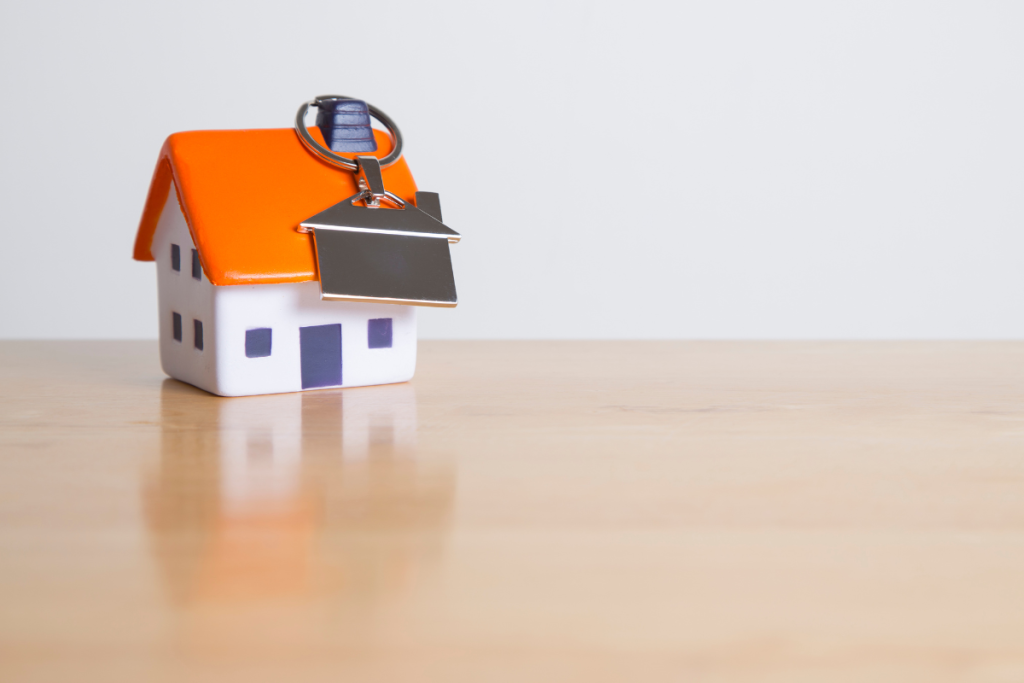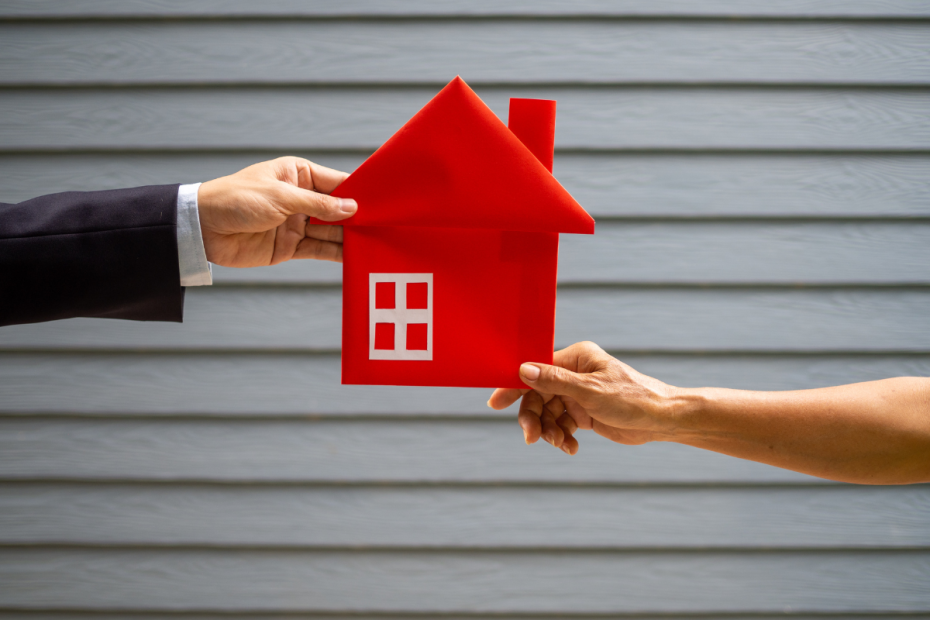Singapore’s property market has long been regarded as one of the most robust and resilient in the region, attracting both local and foreign investors. For many Singaporeans, purchasing a second property represents not only an aspirational milestone but also a strategic investment decision. Whether it’s for rental income, legacy planning, or capital appreciation, acquiring a second home requires a far more complex evaluation than the first. From regulatory hurdles to financial viability, there are multiple layers of considerations that must be examined with precision.
This article explores the essential aspects to consider before committing to a second property purchase in Singapore, especially in light of the evolving real estate landscape and tightening government policies.
Understand the Additional Buyer’s Stamp Duty (ABSD)
The most immediate and often biggest cost consideration for second-time property buyers is the Additional Buyer’s Stamp Duty (ABSD). As part of Singapore’s property cooling measures, the ABSD aims to discourage excessive speculation and ensure housing remains affordable for Singaporeans.
As of 2024, the ABSD rates for a second residential property are as follows:
- Singapore Citizens: 20%
- Permanent Residents: 30%
- Foreigners: 60%
- Entities or companies: 65%
This means that if you’re a Singapore citizen buying a second property worth S$1 million, you’ll need to pay an additional S$200,000 in ABSD on top of the standard Buyer’s Stamp Duty. It is therefore crucial to factor this significant cost into your budget and financial planning.
Tip: Consider the use of the decoupling strategy (where one spouse sells their share of the first property to the other) to avoid ABSD—though this only works in select scenarios and carries legal and financial implications.
Assess Your Financial Health Holistically
Buying a second property is a substantial financial commitment. Besides the purchase price and stamp duties, there are recurring costs such as:
- Monthly mortgage repayments
- Property tax (which is higher for non-owner-occupied properties)
- Maintenance and renovation costs
- Fire insurance and other associated expenses
You’ll need to reassess your Total Debt Servicing Ratio (TDSR). The Monetary Authority of Singapore caps TDSR at 55% of gross monthly income, inclusive of all debt obligations such as car loans, credit card balances, and existing mortgages. If your first property loan has not been fully repaid, it may significantly impact your borrowing power for the second.
Engaging a mortgage broker or financial advisor may be prudent, especially when structuring financing across multiple properties.
Plan for Loan Limitations and Down Payment
When buying a second property, you are no longer entitled to the maximum Loan-to-Value (LTV) limit that a first-time buyer enjoys. For second housing loans, the LTV limit drops to:
- 45% if the loan tenure does not exceed 30 years (or 65 years of age for the borrower), and you have no outstanding home loans.
- 25% if you already have an outstanding home loan.
This implies you’ll need to fork out at least 55% (or up to 75%) of the property’s value in cash and/or CPF. Of this, a minimum of 5% must be in cash.
Therefore, sufficient liquidity and CPF savings are crucial if you hope to avoid being asset-rich but cash-poor.
Clarify Your Objective: Investment, Legacy, or Lifestyle?
Before committing, be clear on why you are buying a second property.
A. Investment Property
If your intent is to earn rental income, consider factors such as rental yield, tenant demand in the area, and maintenance costs. Districts near MRT stations, international schools, or the CBD tend to perform well for rental markets.
B. Legacy Planning
Buying a second property for children or legacy planning may justify a long-term view, even if short-term gains are limited. However, ABSD and estate duties (though currently not applicable in Singapore) may erode inheritance value unless structured properly through trusts or holding companies.
C. Lifestyle Upgrade
A second home as a weekend retreat or upgraded residence changes the evaluation criteria. Proximity to nature parks or landed enclaves might take precedence over ROI—but that doesn’t mean financial prudence should take a back seat.
Evaluate Market Timing and Property Cycle
While real estate is often seen as a long-term asset class, timing still matters. The Singapore property market is heavily influenced by economic trends, interest rates, government regulations, and supply-demand dynamics.
Watch key indicators such as:
- URA Property Price Index
- Unsold housing inventory
- Interest rate trends
- Government land sales (GLS) programme
- Rental market trends
Buying at the peak of the cycle could leave you holding a depreciating asset, especially if you are highly leveraged.
Pro tip: Avoid emotionally driven purchases; rely on data, long-term trends, and professional valuation.
Understand Property Tax Implications
The property tax structure differs between owner-occupied and non-owner-occupied properties. If your second property is used as a rental or investment home, you’ll be taxed under the non-owner-occupied tier, which carries significantly higher rates.
For example:
- First S$30,000 of annual value: taxed at 12%
- Next S$15,000: taxed at 20%
- Subsequent bands go up to 36%
This annual cost can erode rental yield considerably and must be accounted for in ROI calculations.
Should You Buy Under Personal Name or a Trust/Company?
Wealthy individuals often consider buying property under a trust, especially if the goal is legacy transfer to children. However, such purchases are now automatically subject to 65% ABSD, with no remissions even if the child has no property in their name.
Buying through a company or LLP is similarly taxed at a 65% ABSD rate. Furthermore, banks often apply stricter loan eligibility criteria to corporate borrowers, and interest rates may be higher.
In short, unless there are strong legal or estate reasons to do so, personal ownership remains the most cost-efficient for most buyers.
Explore Alternative Investment Properties
If the costs of a second private property in Singapore are too high due to ABSD or low rental yield, some Singaporeans are exploring alternatives such as:
- Commercial properties (e.g., shophouses, office units): No ABSD, but GST and business activity may apply.
- Overseas properties: Countries like Australia, UK, and Malaysia offer less punitive tax regimes, although foreign investment laws differ.
- REITs (Real Estate Investment Trusts): Lower capital outlay, high liquidity, and dividend yields, but no capital appreciation or control.
These can diversify your real estate exposure without the hefty upfront costs of another Singapore residential property.
Legal and Regulatory Considerations
Ensure compliance with HDB and URA rules. For example:
- HDB flat owners must wait 5 years (Minimum Occupation Period) before buying a private property.
- If upgrading from HDB to private, selling your HDB within 6 months may be required.
- Foreigners may not purchase landed residential property without special approval (except on Sentosa Cove).
Failing to comply can result in fines or forced sale of the property.
Work With Professionals
From property agents and lawyers to mortgage advisors and tax consultants, surround yourself with a reliable team. The complexity of a second property purchase—especially involving multiple owners or unique financing structures—makes professional advice invaluable.
Due diligence is more than a checklist—it’s protection for your wealth.
Final Thoughts

Buying a second property in Singapore can be an astute investment or a financial misstep, depending on how well-prepared you are. It is not merely a matter of affordability but one of strategic foresight, tax literacy, and emotional discipline.
With high ABSD rates, financing limits, and an evolving market landscape, potential buyers must weigh the financial returns against opportunity costs and long-term goals. Whether you’re building a property portfolio, upgrading for lifestyle reasons, or planning for the next generation, a second property should never be an impulsive purchase.
Ultimately, sound preparation, patience, and perspective are the real keys to property success in Singapore’s tightly regulated but rewarding market.

